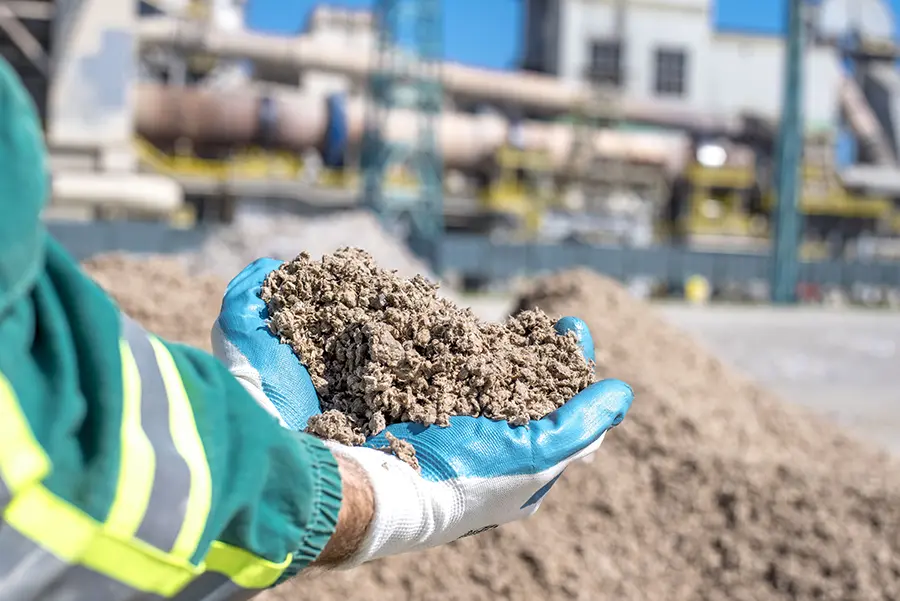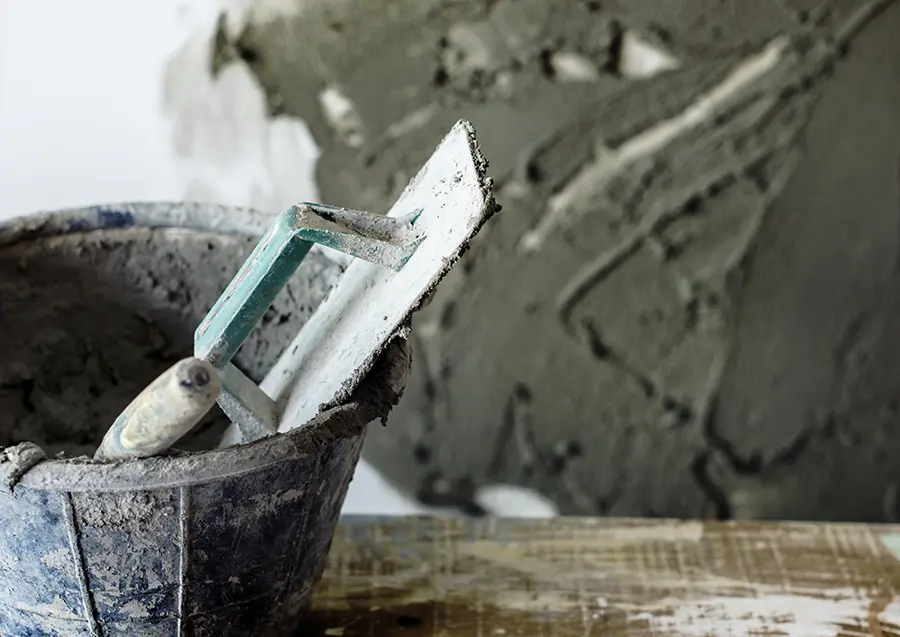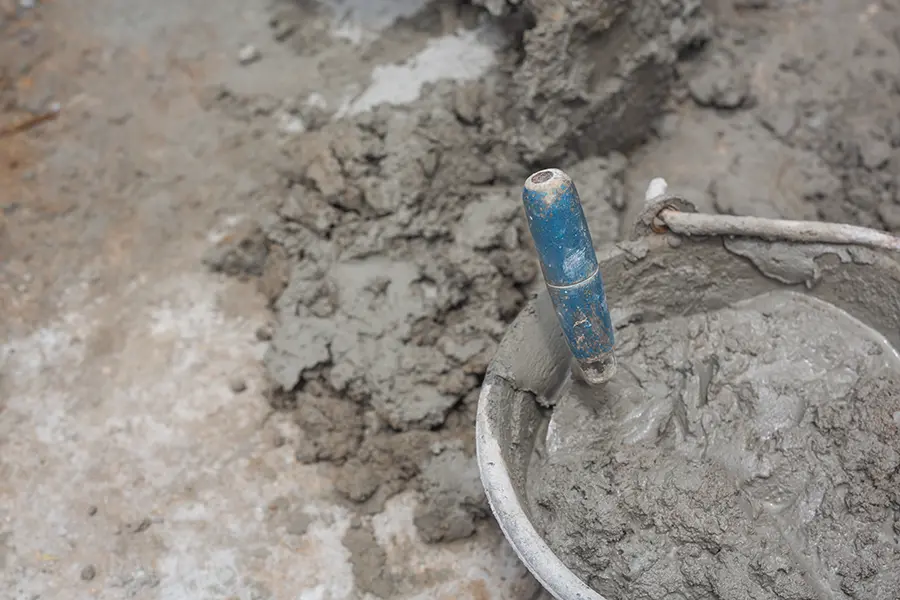The Right Mortar Mix, Backed by Unitech SA Expertise
When constructing walls, the strength and durability of your masonry depend heavily on the mortar mix ratios you use. Mortar binds bricks or stones together, and its composition directly affects the long-term stability of your structure. At Unitech SA, we don’t just give you the ratios—we guide you to the right solution for your project. With our expertise, you get more than a mix; you get peace of mind knowing your walls are built to last.
In this article, we’ll look at the ideal cement-to-sand proportions for various masonry types, why these ratios matter, and how Unitech SA supports builders with expert advice, professional services, and reliable results.

Common Mortar Mix Ratios
-
Type N Mortar – General-purpose mix for above-grade, exterior, and interior load-bearing walls. Ratio: 1 part cement, 1 part lime, 6 parts sand.
-
Type S Mortar – High strength, perfect for retaining walls or below-grade use. Ratio: 1 part cement, ½ part lime, 4 ½ parts sand.
-
Type M Mortar – The strongest mix for heavy loads and foundations. Ratio: 1 part cement, ¼ part lime, 3 parts sand.
-
Type O Mortar – Low strength, for non-load-bearing walls. Ratio: 1 part cement, 2 parts lime, 9 parts sand.
At Unitech SA, we help you choose the right mix for your project—because using the wrong one could compromise the strength of your walls and cost you in repairs later.

Let us explain the Cost Differences Between Clay and Cement Maxi Bricks
Which is more affordable—clay or cement maxi bricks?
Cement maxi bricks are generally cheaper upfront compared to clay bricks. They are often chosen when budget is the main concern and where structural demands are lighter.
Why are clay bricks more expensive?
Clay bricks typically cost more because of their durability, strength, and resistance to weathering. While the initial investment is higher, clay bricks often last longer and require less maintenance, making them more cost-effective in the long run.
So which one should I choose for a warehouse?
For large, load-bearing structures like warehouses, clay bricks typically offer the best long-term value due to their superior durability and performance. Cement maxi bricks may be suitable for smaller, non-structural areas or partition walls, but clay is often the smarter choice for the main structure.
Why the Right Ratio Matters
The choice of mortar mix ratio affects not just the immediate strength of your masonry but its performance over decades. The right mix ensures your walls resist moisture, temperature changes, and environmental wear. Unitech SA’s experience means you avoid costly mistakes and get solutions tailored to your exact build.
What Affects Mortar Strength?
-
Cement Content – More cement gives strength but reduces workability.
-
Lime Content – Improves adhesion and water retention.
-
Sand Quality – Particle size and shape affect mortar’s texture and binding power.
These factors are easy to overlook, but with Unitech SA on your side, you’ll get expert input on materials and ratios that work best for your project.

Using Tools Like a Mortar Ratio Calculator
While DIY calculators are useful, nothing beats hands-on expertise. Our team can double-check your ratios, ensuring accuracy, efficiency, and customization for your specific build. That’s why builders across Johannesburg, Centurion, and Pretoria trust Unitech SA.
Practical Mixing Tips
-
Measure consistently using the same tool.
-
Mix dry ingredients thoroughly first.
-
Add water slowly and evenly.
-
Aim for a smooth mix that holds its shape without being too wet.
Avoiding common mistakes like inconsistent mixing or ignoring humidity is crucial. That’s where Unitech SA’s guidance and services make all the difference.
Build with Confidence – Work with Unitech SA
Getting mortar mix ratios right is essential—but it’s just one piece of the puzzle. Partner with Unitech SA, and you’ll get complete building support—from foundations to final finishes. We’ve built our reputation on precision, quality, and customer trust.
For detailed guidance or to get started on your project, contact Unitech SA today. Let us help you build strong, reliable walls the first time around.
What is the best mortar mix ratio for house walls?
A: Type N mortar (1 cement : 1 lime : 6 sand) is a reliable choice for above-grade exterior and interior walls.
Q2: Which mortar mix is strongest for foundations?
A: Type M mortar is the strongest, with a ratio of 1 cement : ¼ lime : 3 sand, ideal for foundations and heavy loads.
Q3: Why should I use Unitech SA for mortar guidance?
A: Because we combine technical expertise with decades of experience, ensuring your project is safe, compliant, and long-lasting.
Q4: Can environmental factors affect mortar strength?
A: Yes, temperature, humidity, and sand quality can all impact mortar durability—Unitech SA helps adjust ratios accordingly.
Our Professional Services Include:

Office: 010 023 0507
Business Whatsapp: 079 526 1950
Email: admin@unitechsa.co.za
Norman Koster – 066 239 0382
Desiree Koster – 082 608 2291






